Category: English Folktales
Every Easter Monday the village of Biddenden, not far from Staplehurst in Kent, is the scene of old custom, called the Biddenden Maids’ Charity. Tea, cheese and bread are given to local widows and pensioners at the Old Workhouse, while the celebrated Biddenden Cakes, baked from flour and water, are distributed among the spectators.
This folktale was kindly brought to our attention by Alma Oakley of Weston in Hertfordshire.
Weston churchyard is reputed to be the final resting place of the Weston Giant: Jack o’ Legs. Two stones mark his grave. One is positioned at his head and another at his feet, a distance of eight feet apart.
Around the time of the crusades (in some accounts) in the area around the river Wear, there is a tale told about a fearsome dragon, which terrorised the area and was dispatched with cunning by a brave warrior.
This particularly sinister folktale of the wild hunt is from Devon, and is based in the Dartmoor area, a place full of tales of the supernatural, especially the wild hunt.
One wild stormy night a farmer was returning home from Widecombe, somewhat worse the wear from the strong local beverages brewed on-site.
This old story provides an explanation for the naming of the Black Dog Inn near Uplyme in Devon. The black dog seems to be a spirit guardian of treasure.
The stone that lies in the village square to the East of the church is turned every year on November the 5th by local people. The stone is made from a type of quartz not found in the area, measures about six feet by four feet and weighs about a ton.
There are many tales to explain the origin of the spectral wild hunt, this one is from the Parish of St Germans in Cornwall. It explains how a priest with low morals became a demon huntsman.
In the medieval period the priest of the parish of St Germans was called Dando. Dando was not a figure of priestly virtue but abused his powers to enjoy earthly delights.

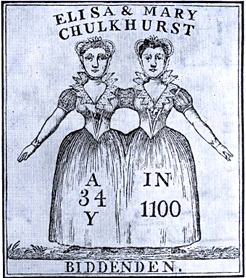
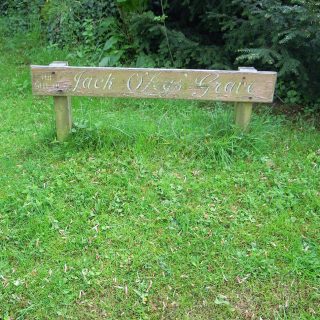
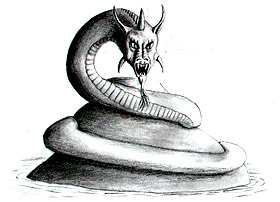

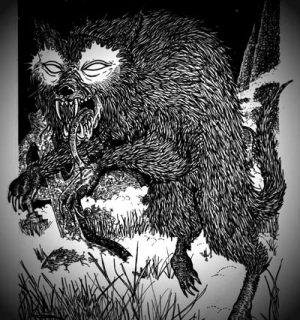
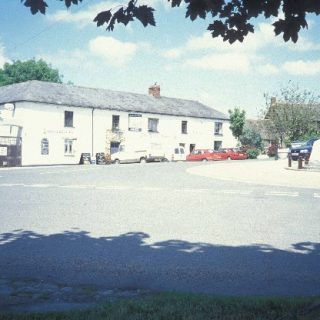
Recent Comments